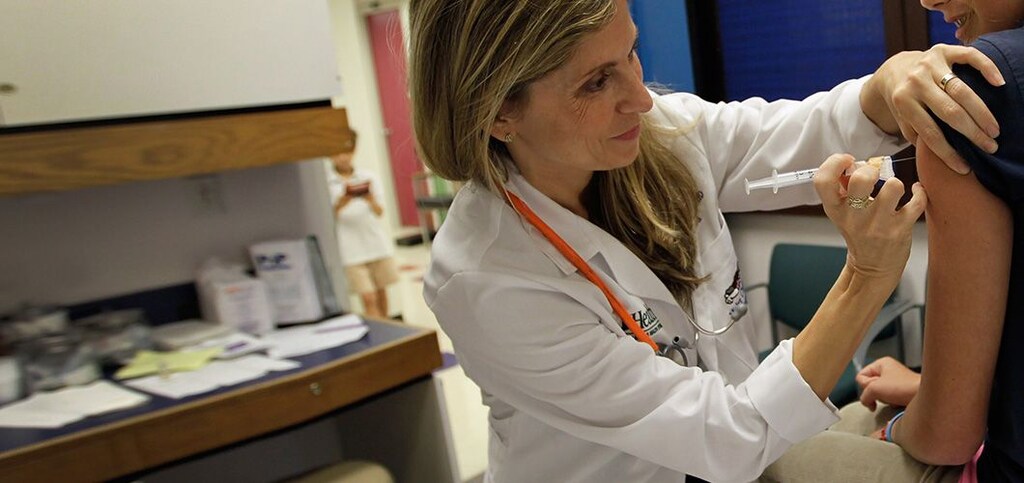Self-employed individuals are likely eagerly checking out premiums on the health insurance exchanges created by Obamacare. But based on one new report at least, they may be sorely disappointed.
The Heritage Foundation, a conservative think tank, released a state-by-state summary of the average one-month premium change that individuals who currently have non-group individual health insurance could find on their exchange. (Hawaii and Massachusetts were omitted from the study due to lack of available rate data.)
The analysis shows overwhelmingly that individuals would pay more—up to 257 percent more—by abandoning their current policy and buying one through the exchange. Only four states—Colorado, New Jersey, New York and Rhode Island—are shown to offer lower premiums on the exchange than the individual market. Nearly a dozen states, including Virginia and Texas, show individual premiums more than doubling on the exchange.
Rate increases on the exchange, Heritage found, will be particularly large for people in their 20s and 30s, though many in their 50s will also see increases.
While the analysis might seem to bruise Obamacare's reputation, critics point to major oversights. For one thing, it doesn’t factor in that 26 million Americans are expected to qualify for subsidies under Obamacare—which would reduce monthly premiums for low-income Americans to under $100 per month, or even make them free.
Moreover, the Heritage Foundation’s analysis doesn’t mention the reality that many Americans today can’t get health insurance on the private market due to preexisting conditions. Obamacare prohibits insurers from denying coverage to anyone with a preexisting medical condition, meaning many people with health concerns will now be able to find coverage on the exchange.
Tampa Bay Tribune’s PolitiFact.com dissects recent remarks by Texas Senator Ted Cruz that “virtually every” American has seen rates go “up and up and up” under Obamacare. It looks at the Heritage study and finds that while many currently insured Americans will indeed see increases of 30 percent or more under Obamacare, there are also millions—particularly those who are making less than 400 percent of the poverty level—who will find lower rates on the exchanges.
“It is true that young adults, along with some older adults, are vulnerable to hefty premiums hikes, but as painful as that might be, their numbers hardly amount to ‘virtually every person,’” PolitiFact writes.
Photo: Getty Images




